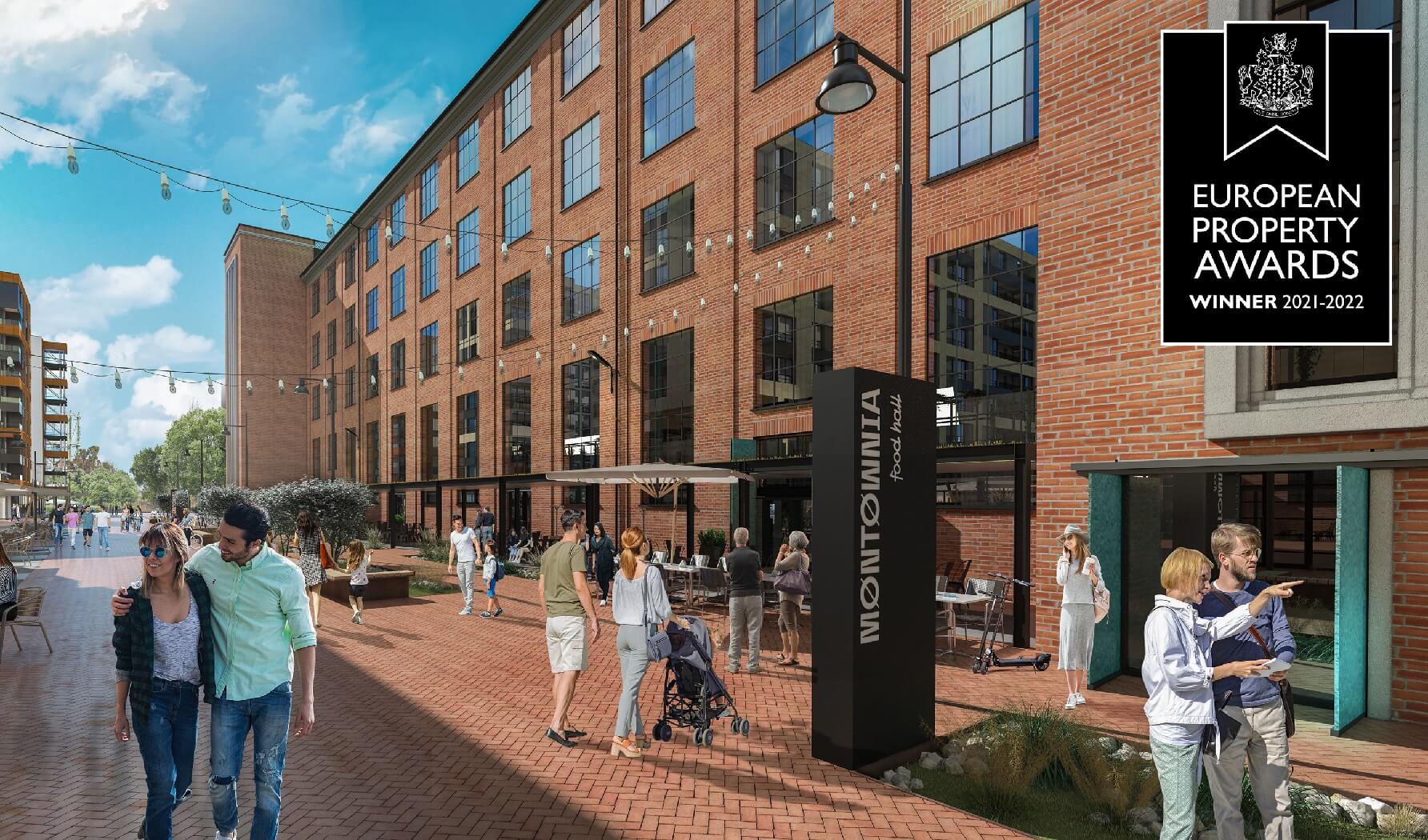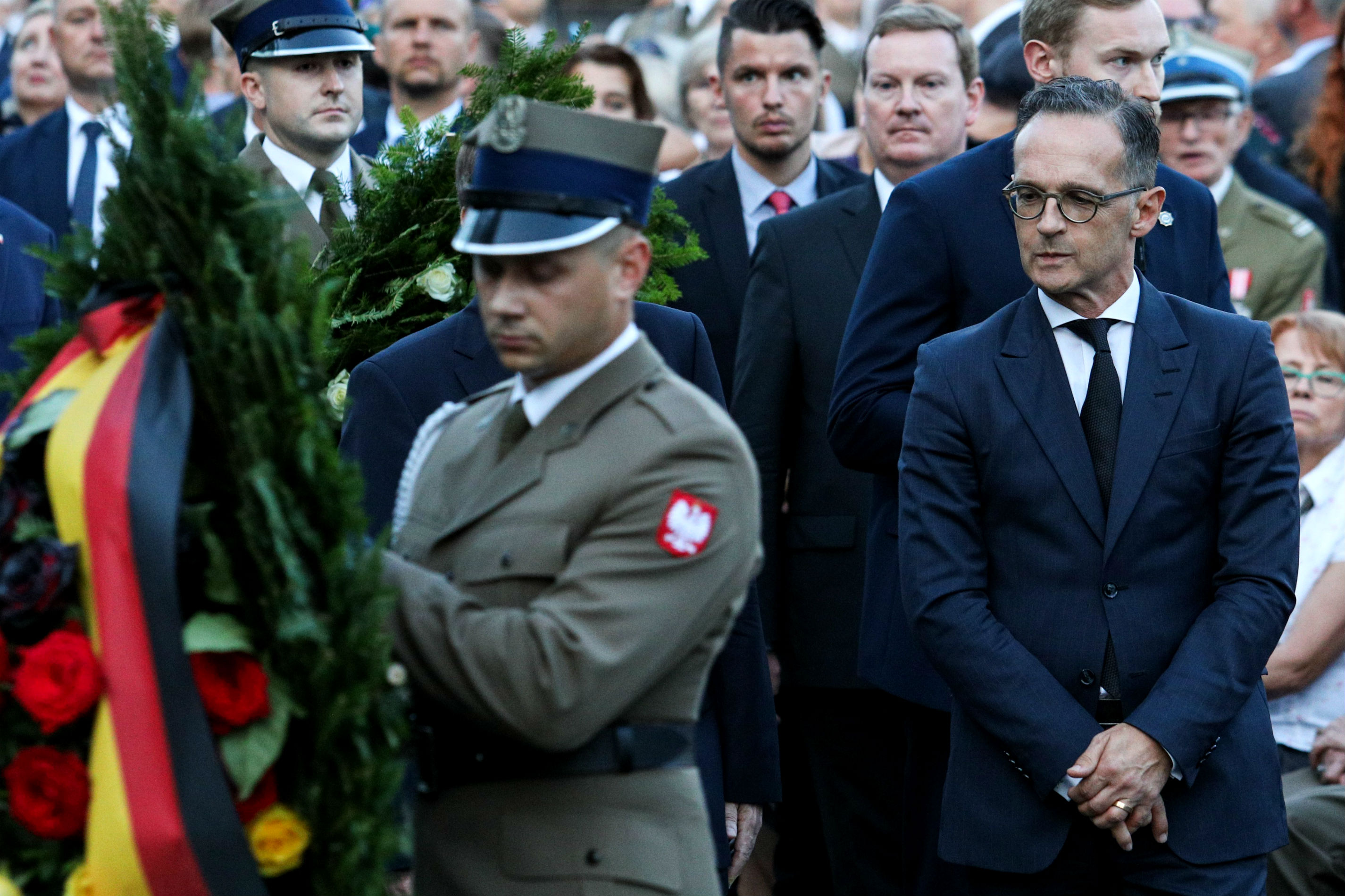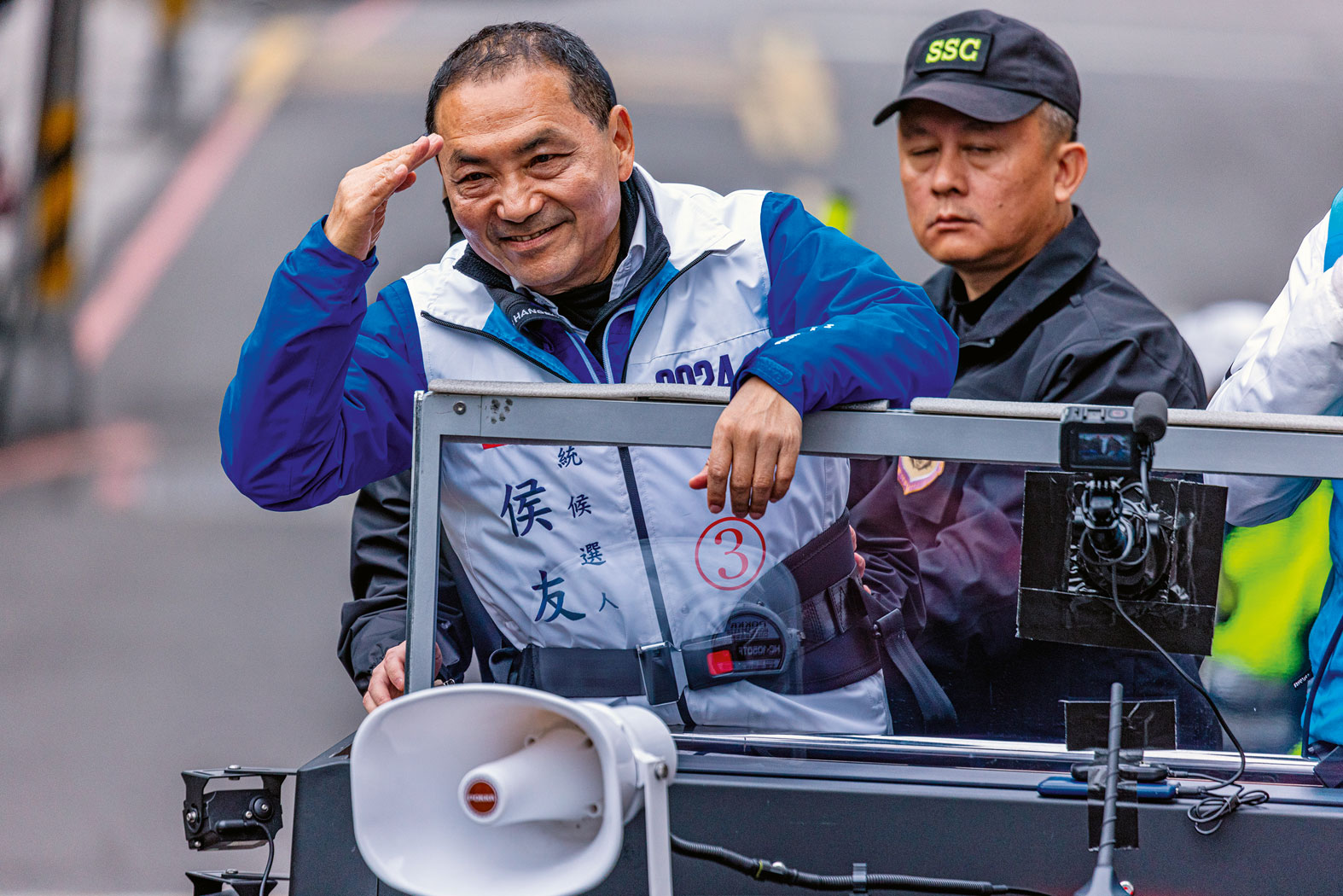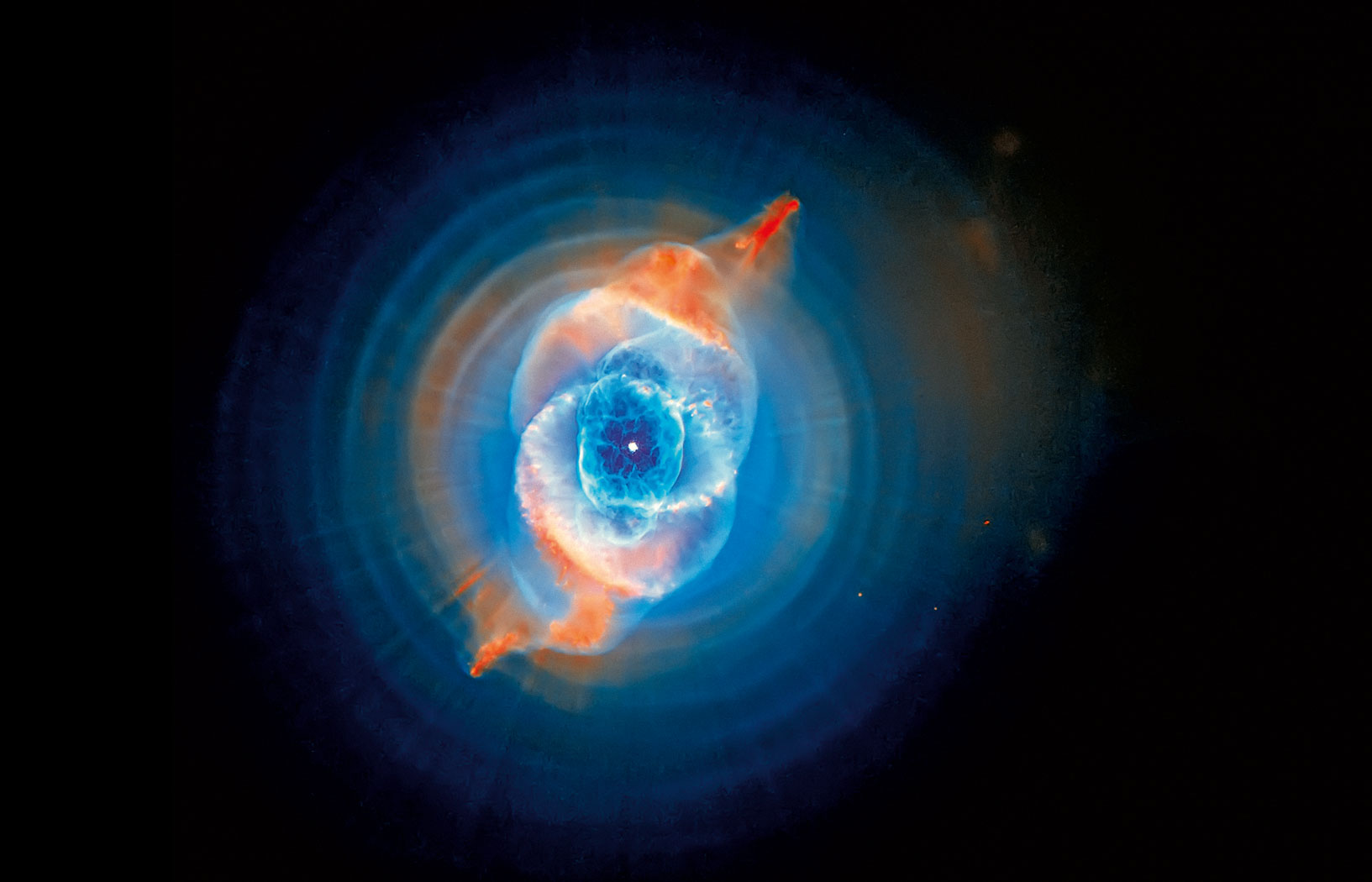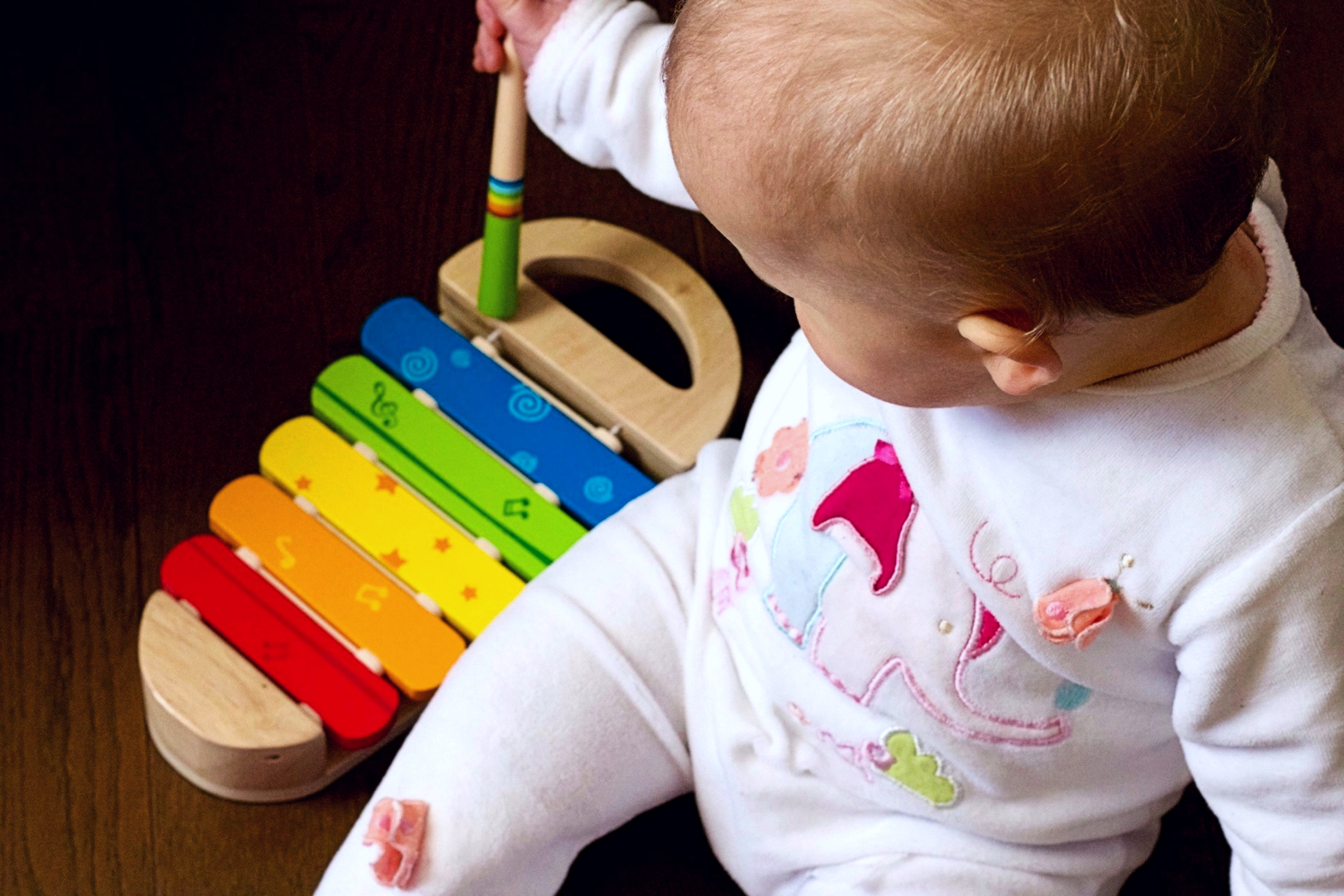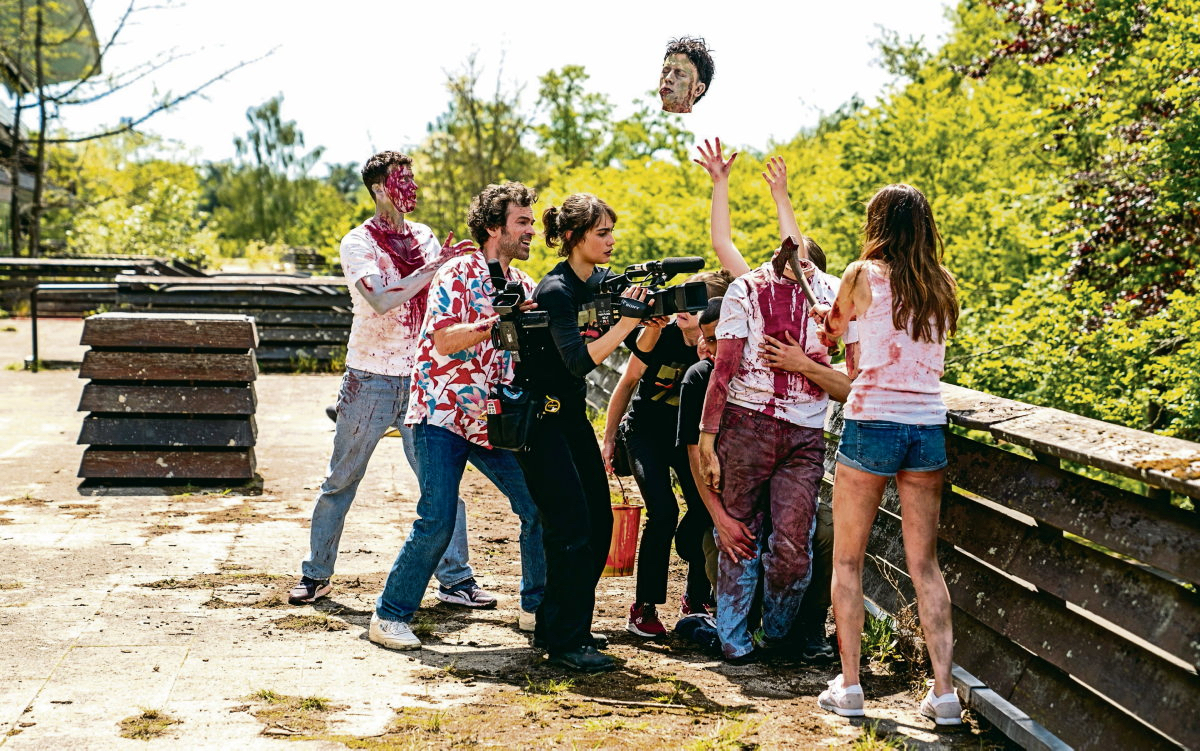Prime Minister Morawiecki started his podcast by mentioning that “exactly 100 years ago the first President of the Republic of Poland, Gabriel Narutowicz, was assassinated”. Photo. PAP/CAF
The lesson of President Gabriel Narutowicz’s death applies to politicians on both the right and left, and recently many circles that did not accept the democratic choices of Poles acted against this lesson, Prime Minister Mateusz Morawiecki said in a podcast published Friday in social media.
“Today we live in much more peaceful times, and yet the hydra of radicalism reappears from time to time. The lesson of Narutowicz’s death applies to politicians right and left, and recently many circles who did not accept the democratic choices of The Poles acted against this lesson. PiS parliamentarians were publicly attacked in the streets more than once,” the prime minister said. “Some opposition representatives deprive the Law and Justice government of the right to speak out against democratic elections. who should not participate in the democratic vote. Or Donald Tusk, who unequivocally implied that anyone who votes for the PiS is a madman, said the Prime Minister. According to him, “that’s how radicalism works.” The most important thing is not to get stuck in the trap of radicalism” – he noted.
Morawiecki began his podcast by mentioning that “exactly 100 years ago Poland’s first president, Gabriel Narutowicz, was assassinated.” According to him, “this event shows in what pains Polish democracy was born after having regained independence”. “I remember it not only because it was one of the greatest tragedies in the history of Polish parliamentarianism, but because it is also a living lesson for today” – he said.
He recalled that Narutowicz belonged to the generation of Polish patriots forced to emigrate during the partitions. He was a man of extraordinary talent, which earned him the title of professor at the Polytechnic of Zurich. However, even during his university career, he did not forget about Poland. During the First World War, he organized aid to the Poles and became more and more politically involved alongside Józef Piłsudski. When Poland regained its independence, he returned to the country and used his knowledge to rebuild the state, first as Minister of Public Works and then as Minister of Foreign Affairs. Narutowicz was appreciated for his professionalism. He was more of a second-rate politician, he did not participate in factional battles, he focused more on organic work, which is why his candidacy for the presidency surprised many.
He said Marshal Józef Piłsudski hoped that the state rebuilt after 123 years would unite all of society and the political class. “Unfortunately, fighting between different factions intensified week by week. Therefore, Piłsudski resigned from his candidacy for the presidency,” he said. “Everything indicated that the candidate with the greatest strength in parliament – national democracy – would win. Since he did not have a decisive majority, he was forced to form a coalition in favor of his candidate” – he said added. He recalled that the first presidential elections were not universal, the Head of State was elected by parliament. The ND, however, had little coalition capacity. Supporters of Dmowski hoped for an agreement with the peasant party of Wincenty Witos. However, the Peasant Party did not accept Count Zamoyski’s candidacy. Two candidates remained in the last round of elections. In the end, the votes of Witos supporters and national minorities prevailed. Gabriel Narutowicz was supported by a broad coalition of the Patriotic Left, peasant, center and minority parties.
“A significant part of the National Democracy rejects this choice and even Narutowicz does not mind them, but that he was elected by the votes of national minorities. In the streets of Warsaw, supporters of Endecja start riots. members of the Sejm become the victims of the attack. have taken over the role of leader. Some nationalists want to follow the path of Mussolini,” the prime minister recalled after Narutowicz was elected president.
Referring to the circumstances of Narutowicz’s murder, he said “the fine patriotic traditions that formed the basis of national democracy were tainted by xenophobia, hatred and political aggression”. “Witos wanted to withdraw his support for Narutowicz, other allies also left him, even Prime Minister Julian Nowak pretended to be sick so as not to accompany the president on the way to the swearing-in, then he appeared miraculously recovered in parliament. Narutowicz, showing courage, accepted the presidential nomination. Five days after being sworn in, Gabriel Narutowicz was sworn in by mad artist Eligiusz Niewiadomski during a visit to Zachęta in Warsaw.” , he recalled. He added that it is easier to say that the fault lies with a madman, while the political climate that has been created around Narutowicz’s election weighs on the conscience of many National Democracy politicians.
“Anti-democratic radicalism was and is a danger on both sides of the political conflict. Democracy is not only about winning, but also about accepting defeat. Many European countries after the First World War experienced crises similar to those of Poland” – he said.
“At the end of the day, we are all Poles, we don’t have to like each other, but we have to respect each other, and that’s why the lesson of the tragedy of Gabriel Narutowicz is so important,” added the Prime Minister .
Author: Olga Łozinska
g/


